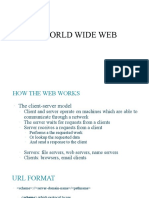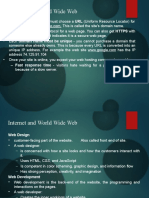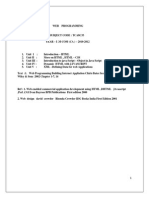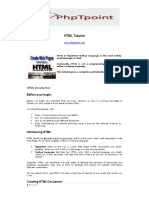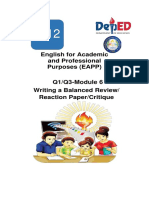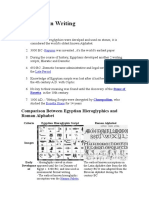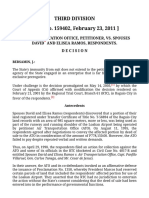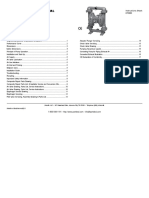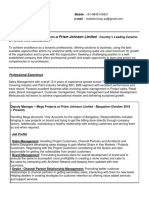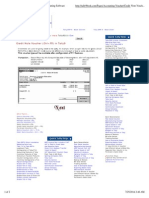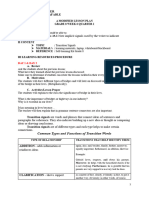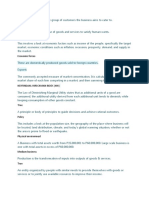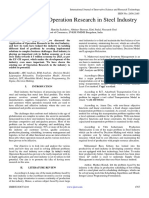0% found this document useful (0 votes)
79 views13 pagesHTML Semantic Elements
The document explains HTML semantic elements, which provide meaning to both browsers and developers. It includes examples of semantic elements like <article>, <section>, <header>, <footer>, <nav>, and <aside>, detailing their purposes and usage. The document emphasizes the importance of using semantic elements for better structure and accessibility in web development.
Uploaded by
Asif AliCopyright
© © All Rights Reserved
We take content rights seriously. If you suspect this is your content, claim it here.
Available Formats
Download as PDF, TXT or read online on Scribd
0% found this document useful (0 votes)
79 views13 pagesHTML Semantic Elements
The document explains HTML semantic elements, which provide meaning to both browsers and developers. It includes examples of semantic elements like <article>, <section>, <header>, <footer>, <nav>, and <aside>, detailing their purposes and usage. The document emphasizes the importance of using semantic elements for better structure and accessibility in web development.
Uploaded by
Asif AliCopyright
© © All Rights Reserved
We take content rights seriously. If you suspect this is your content, claim it here.
Available Formats
Download as PDF, TXT or read online on Scribd
/ 13






























